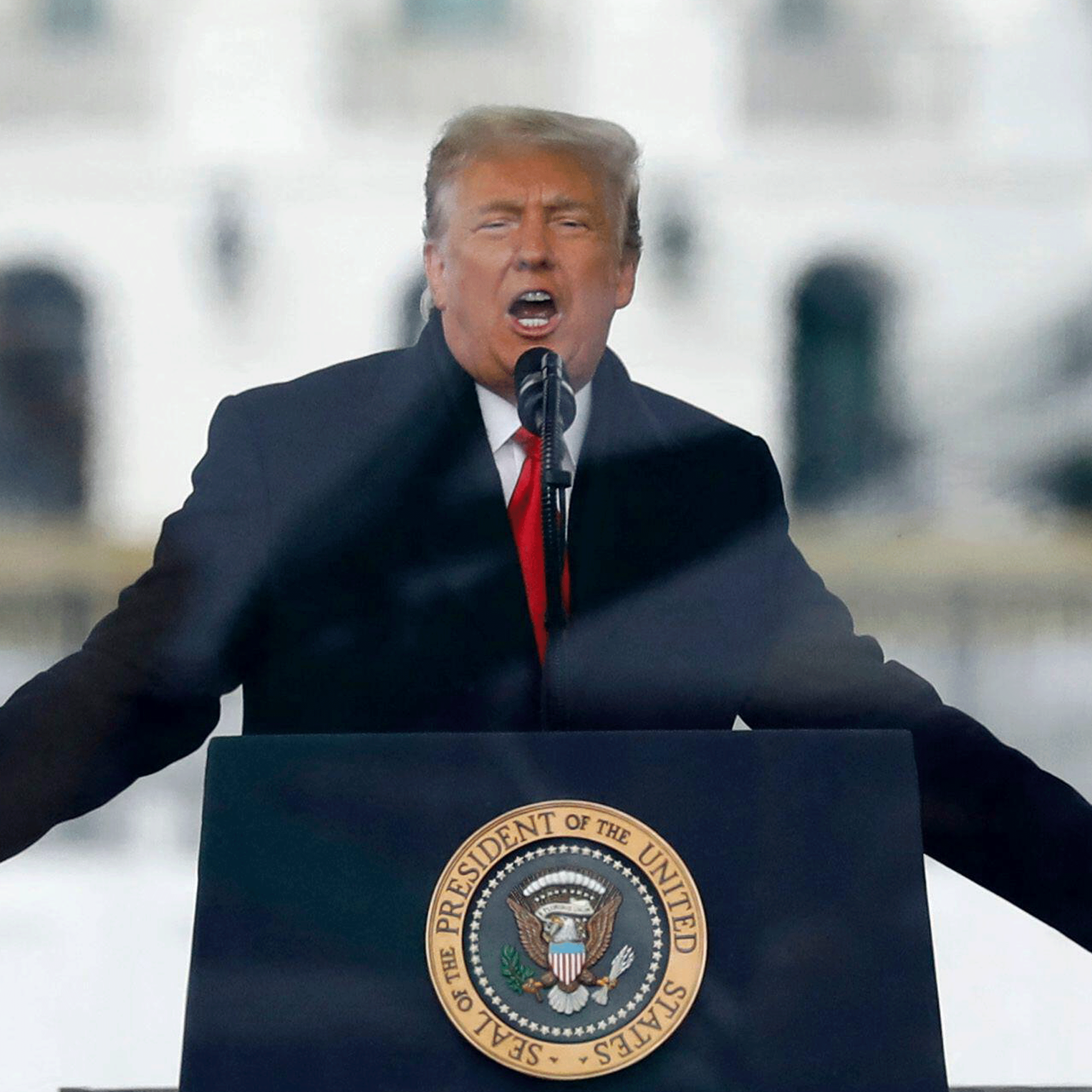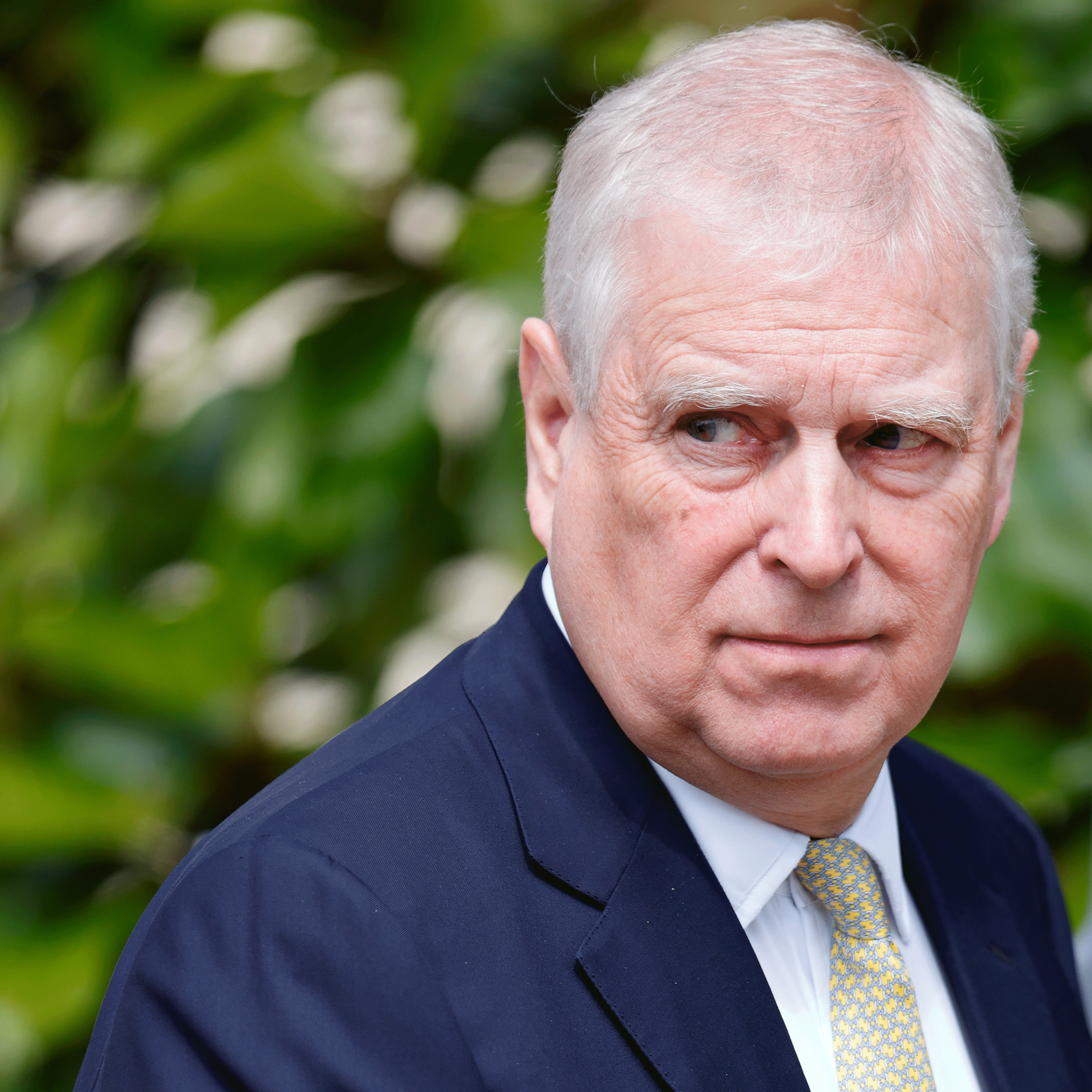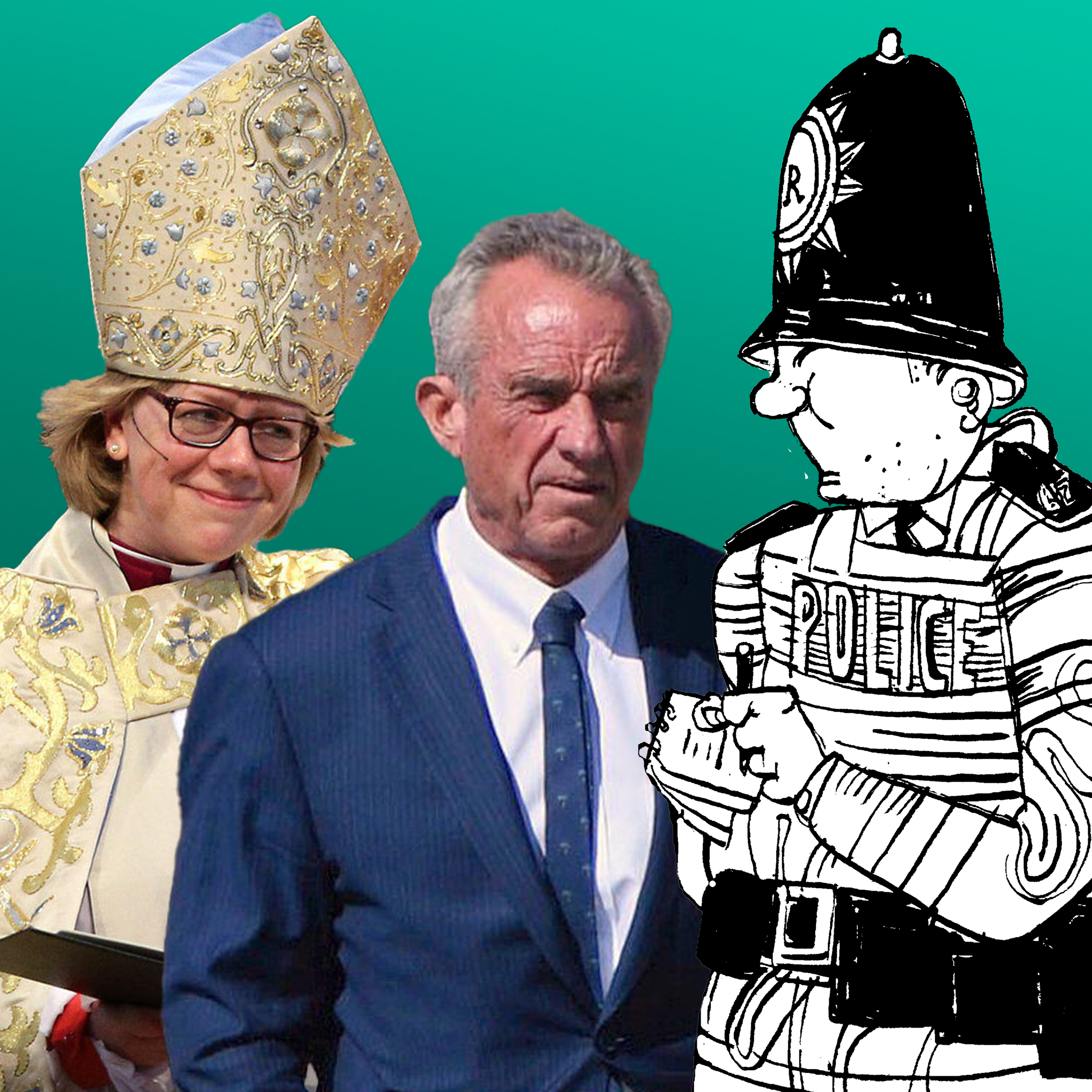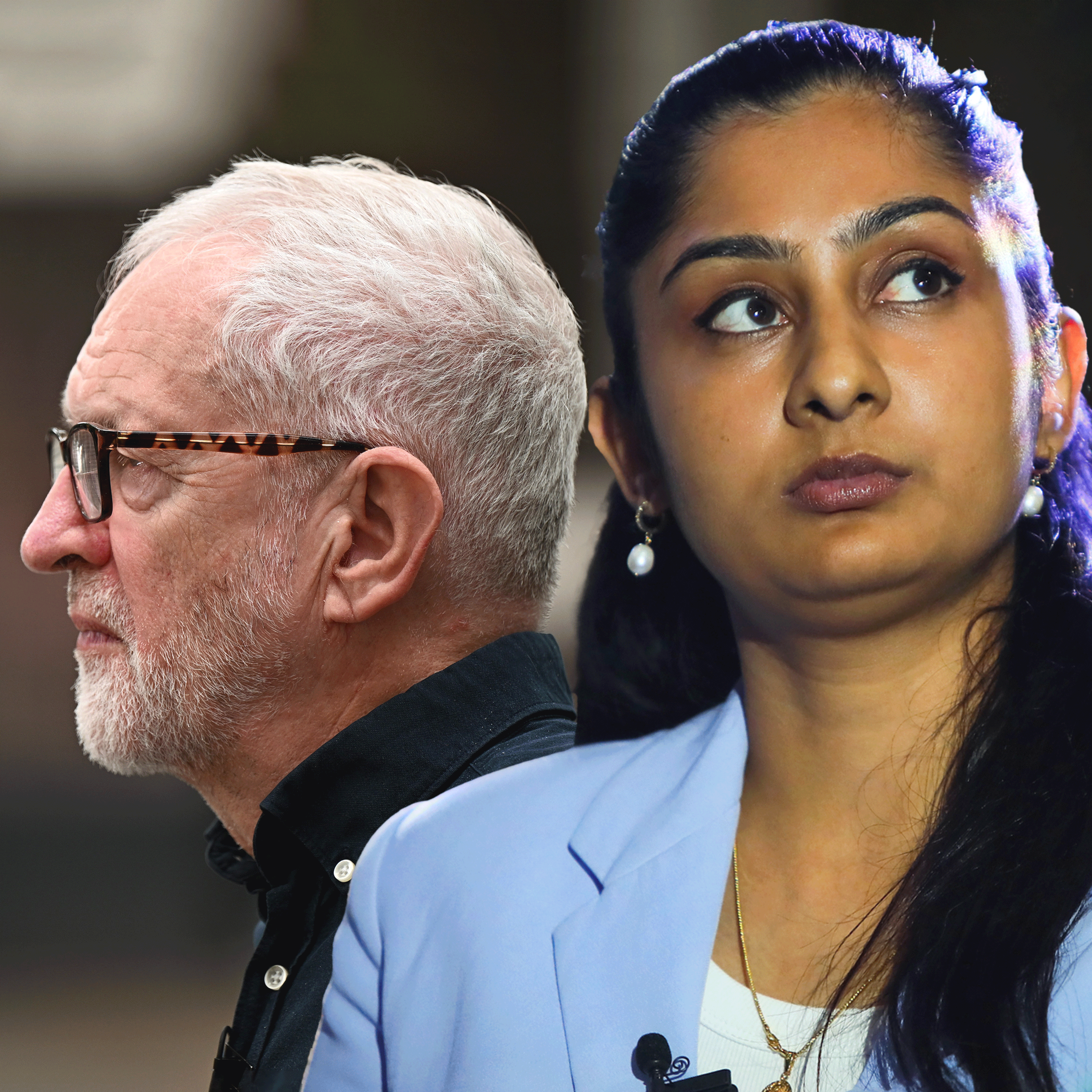117: A New Pod For Britain
All the fallout from last week's election, what the New Boys and Girls will bring to government (and the Old New Boys And Girls too) and what bunfights the Page 94 team are looking forward to in this parliament. With Ian, Helen, Adam and Andy.
Press play and read along
Transcript
Transcript is processing—check back soon.
Page 94: The Private Eye Podcast — 117: A New Pod For Britain





